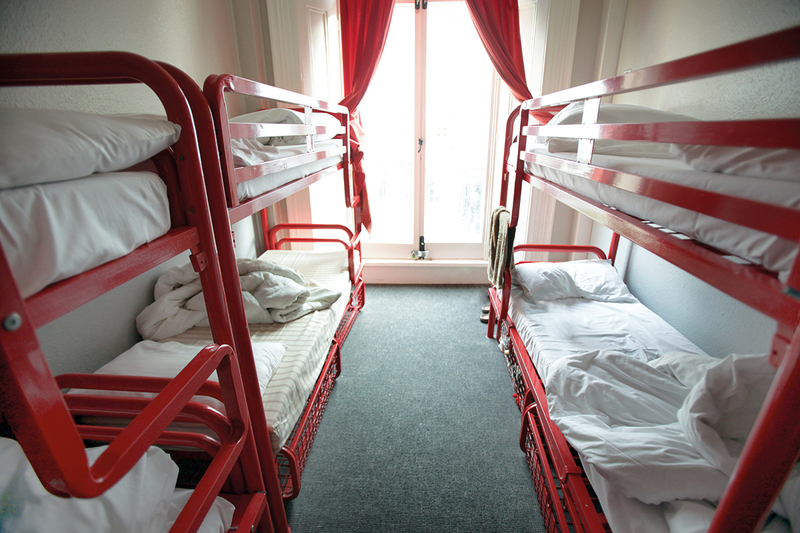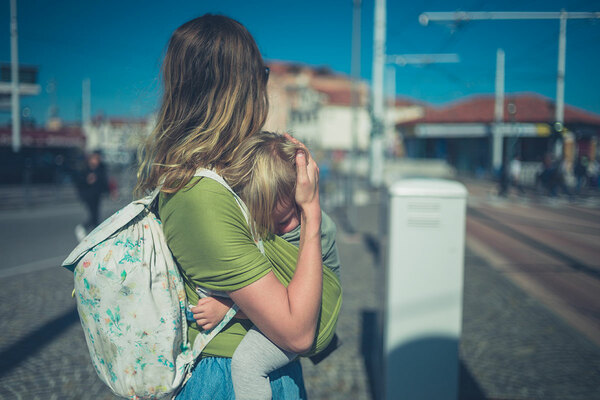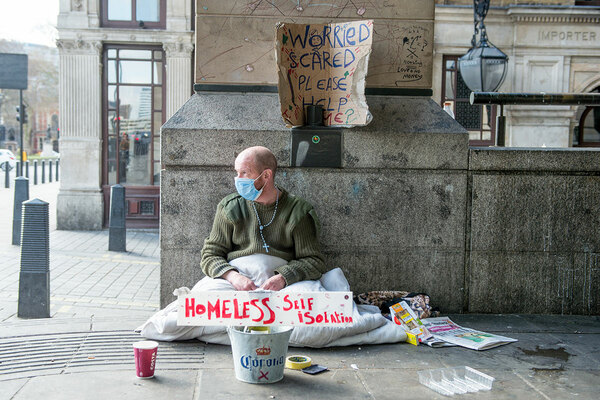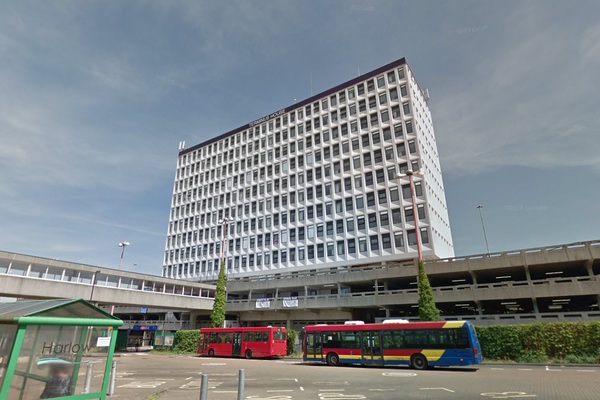You are viewing 1 of your 1 free articles

The end of shared accommodation should be the goal for the whole housing sector
Westminster Council has started to move rough sleepers out of emergency accommodation on a large scale, following the actions taken at the start of the pandemic. But we are also looking at the future of provision in the borough, including whether we can phase out shared accommodation such as hostels, writes Rachael Robathan
The coronavirus pandemic has affected so many people in negative ways, that it is hard to talk about any upsides to the crisis.
However, as life starts to return to normal for many of us, it is becoming clear that there have been significant changes for people who found themselves in difficult circumstances sleeping rough in central London. Since March, more than 240 rough sleepers have been supported off the streets of Westminster and into settled accommodation with ongoing support that will hopefully give them the break they need to turn their lives around.
While it will remain a challenge, in the longer term we’re hopeful that a housing-led solution can be used to tackle rough sleeping on our streets. We are determined that the lessons learned from the pandemic will shape our services for the future. A comprehensive review is planned to look at issues including whether we can phase out shared accommodation, such as hostels, to give people their independent space as the best foundation to support them away from the streets permanently.
The end of using shared accommodation should be the ambitious goal for the whole sector.
As lockdown was announced and the government called on councils to help rough sleepers off the streets, Westminster placed 266 rough sleepers in emergency accommodation, typically hotels and self-contained apartments, to keep them safe during the pandemic.
Central government funding was welcome in the efforts to help vulnerable rough sleepers in Westminster remain safe. During this time, our outreach teams also signposted 400 more rough sleepers into hotels provided by the Greater London Authority and we already had 400 people in our hostels.
To date it has been a success, with no outbreaks or coronavirus-related deaths among those we have helped off the streets and into emergency accommodation. Nationally, the rates of COVID-related deaths among homeless people in the UK remain low compared with other countries, especially the US.
Despite being safe from the pandemic, the people in emergency accommodation had no obvious way forward. But by working with partners, including St Mungo’s, The Connection at St Martin’s, The Passage and West London Mission, more than 240 people have already been moved by Westminster into more sustainable longer-term housing, including around 50 people into council housing, while others have been helped into private rented sector properties.
Westminster is the first London borough to start moving rough sleepers out of emergency accommodation on such a scale. Currently only around 30 people with complex needs or immigration status remain in hotels while the council works with central government and charity partners to find the right solution to help them in the longer term.
Since March, our officers have had an unexpected and unprecedented window of opportunity to work with rough sleepers not only to offer them a home but also support them with the services they need to start over and live independently. Housing people in private accommodation – largely hotels that were closed – encouraged those who were previously reluctant to accept help and work with us.
“The reasons behind why people find themselves sleeping rough is often much more complex than simply not having a roof over their head”
Our housing and rough sleeping teams worked flat out, finding accommodation from our own stock and in the private rented sector, while also working with our Westminster Employment Service (WES) to provide skills training and help former rough sleepers find and keep jobs. Our teams built relationships with local employers such as the Westminster Property Association and Veolia to find roles for people we were supporting.
The reasons behind why people find themselves sleeping rough is often much more complex than simply not having a roof over their head, so we have continued to provide other vital services such as mental health or drug and alcohol support which does not end once someone is housed. Whether in supported housing or the private rented sector, we continue to provide wrap-around support to help people keep their tenancy and access the services they need.
However, we cannot be complacent, as the reality is that rough sleepers clearly remain in Westminster. Our latest street count shows that at around 180, the number of people sleeping on Westminster’s streets is just over half of what it was a year ago. However, there is concern that numbers may rise again as the economic effects of the pandemic become clearer in the coming months.
Our outreach teams continue to work on the streets every day to try and help people find a route away from rough sleeping. With coronavirus restrictions still impacting night shelters, for instance, it won’t be easy, but we are confident that we can make a sizeable contribution to help as many people as possible find a way off the streets.
As we move into the next phase of our response, we are committed to ensuring we offer as many resources as necessary to support people away from rough sleeping. Just one example is our work with Non-UK EEA nationals to ensure they find sustainable work that can lead into having their own home.
For most people, this year has been a year like no other, but we hope that at least some people will look back at 2020 as a time when they were given a chance to start turning their lives around.
Rachael Robathan, leader, Westminster Council













